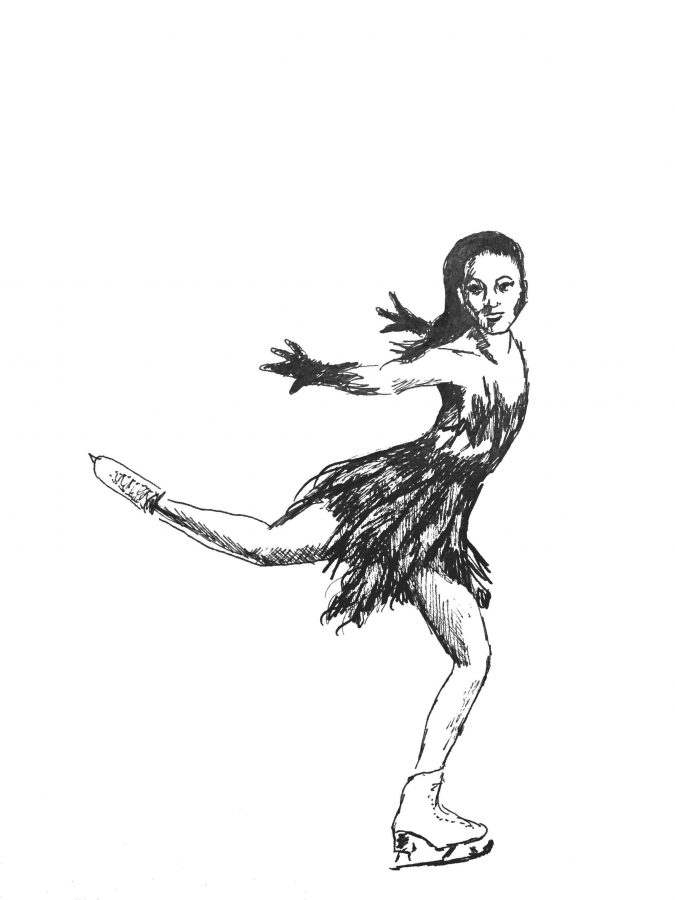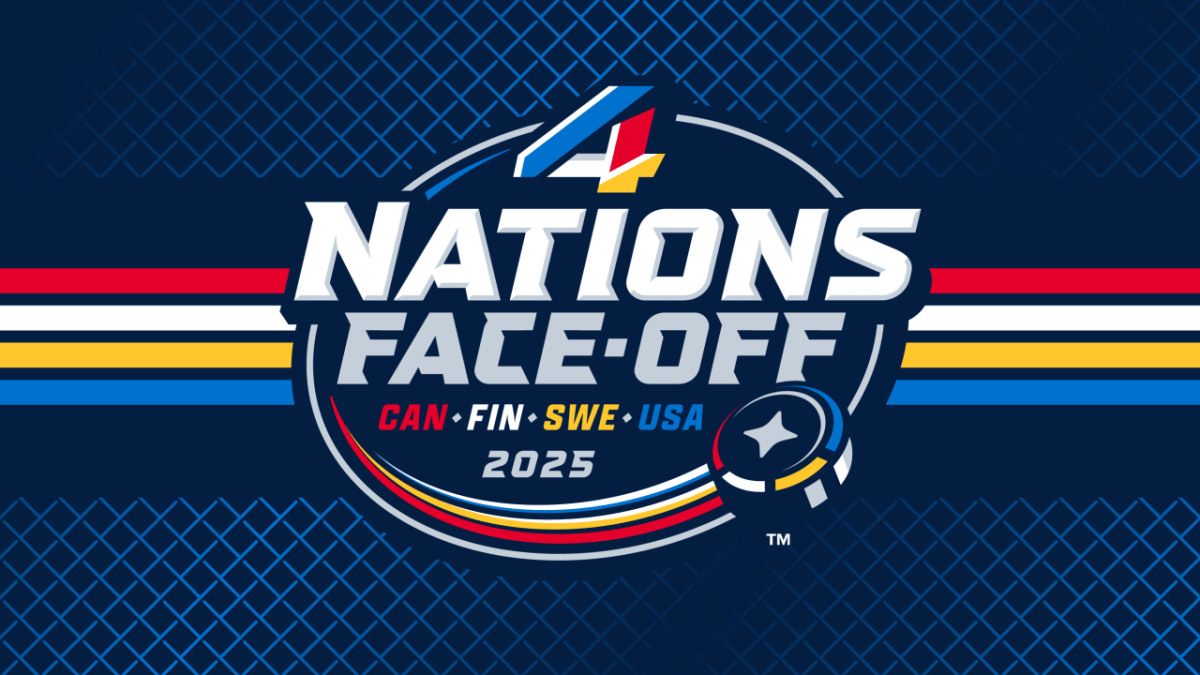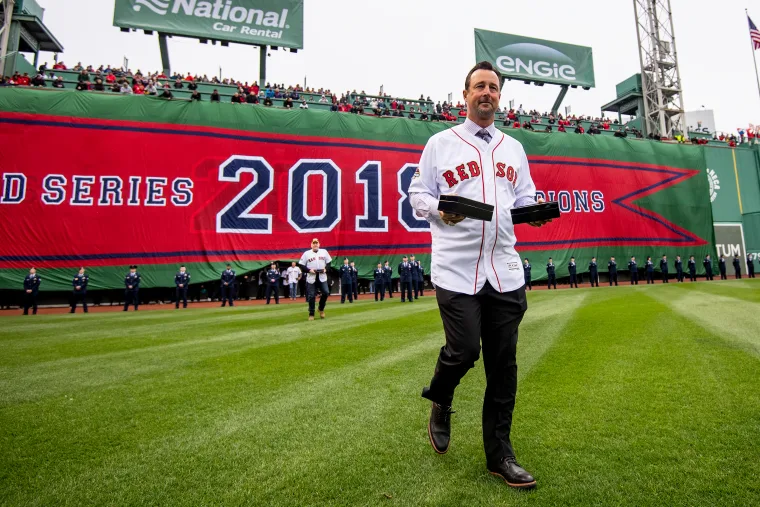With the 2018 Winter Olympics coming up in Pyeongchang, South Korea, skaters are working on their programs with scrutiny; however, former Olympic skaters realize the extreme pressure of the competitive lifestyle.
Gracie Gold is one of the United States’s top skaters, as she won bronze at the 2014 Sochi Olympics. She announced on Oct. 13 that she would withdraw from the Grand Prix of Figure Skating competitions to treat her anxiety, depression and eating disorder. Although competitions leading up to the Olympics are crucial for perfecting the programs and gaining status as being the country’s leading skaters, Gold’s decision to take a leave from skating proves her values. Skaters preparing for the Olympics generally participate in all the Grand Prix competitions, as they try to increase their scores to compete against themselves from past events and others to increase their statuses.
Jill Schmottlach, a Walpole High School sophomore and 11-year figure skater understands the nature of competition. She does synchronized and freestyle skating, as well as ice dancing and moves in the field.

“Although competition makes you very nervous, you cannot beat the feeling of finishing a great, clean skate” Schmottlach said. “I do understand why some skaters have had to retire: competitive skating requires you to be 100% focused on the sport,but when you have internal battles breaking your focus, it is very difficult to balance competition and other things.”
Gold’s opponent, the Russian goldmedalist Yulia Lipnitskaya, decided in April that she would retire due to her struggles with anorexia. At only 19 years old, Lipnitskaya determined that the sport ultimately led to the downfall of her health, and it would be the best choice to leave it behind.
Unlike other sports, figure skating focuses on mental competition and self-betterment. Overbearing stress is many times the result of perfecting a program with difficult jumps, spins and dance factors. Skaters have to work on and off the ice to prepare and they have to think of a creative way of coordinating their programs with their choice of music. With every stressful requirement and the need to exceed everything that has been done before, the skaters’ health is at risk.
However, not all skaters are diverging from the competitive lifestyle for health reasons. Meryl Davis and Charlie White were the first American ice dancers to win both the World and Olympic titles and they earned six consecutive national titles. After winning the gold at Sochi, they decided to focus more on exhibitions than competition.

“Constantly having to better yourself and knowing every bit of hard work will pay off when the pressure is on was always fun. But after a long and successful career, I don’t miss the stress of competition,” White said.
Figure skating has always been a sport that requires immense mental readiness, yet it is unlike other sports through its art and expression.
“In skating you have the ability to create feelings and stories through the combination of movement on the ice and the music you choose. It’s wonderful how many different and creative ways skaters have found to express themselves while on the ice,” White said.
Schmottlach manages to find the balance between pushing herself through competition and appreciating the art. She competes at venues such as the Boston Synchronized Skating Classic, the Eastern Sectionals and the National Championships.
“I think one of the greatest feelings in skating is when you accomplish something new,” Schmottlach said. “However, when your head is not in the right frame of mind, it is very hard to accomplish new things and leads to people like Gracie Gold and Yulia Lipnitskaya taking leave from skating.”
Whether skating as a high schooler or a world-medalist in the United States or Russia, figure skaters throughout the world can agree that the pressure has a huge impact upon their sport.
“I’ve been forced to learn about who I am and how I can best fit in the world. Competitive skating was incredibly difficult and very stressful, but the lessons have been invaluable,” White said. “My advice would be to always work hard, but work hardest to have fun. It’s easy to feel stuck in anything we take on as a serious endeavor while we’re young, so it’s important to only devote yourself to the areas where your passions truly lie.”














